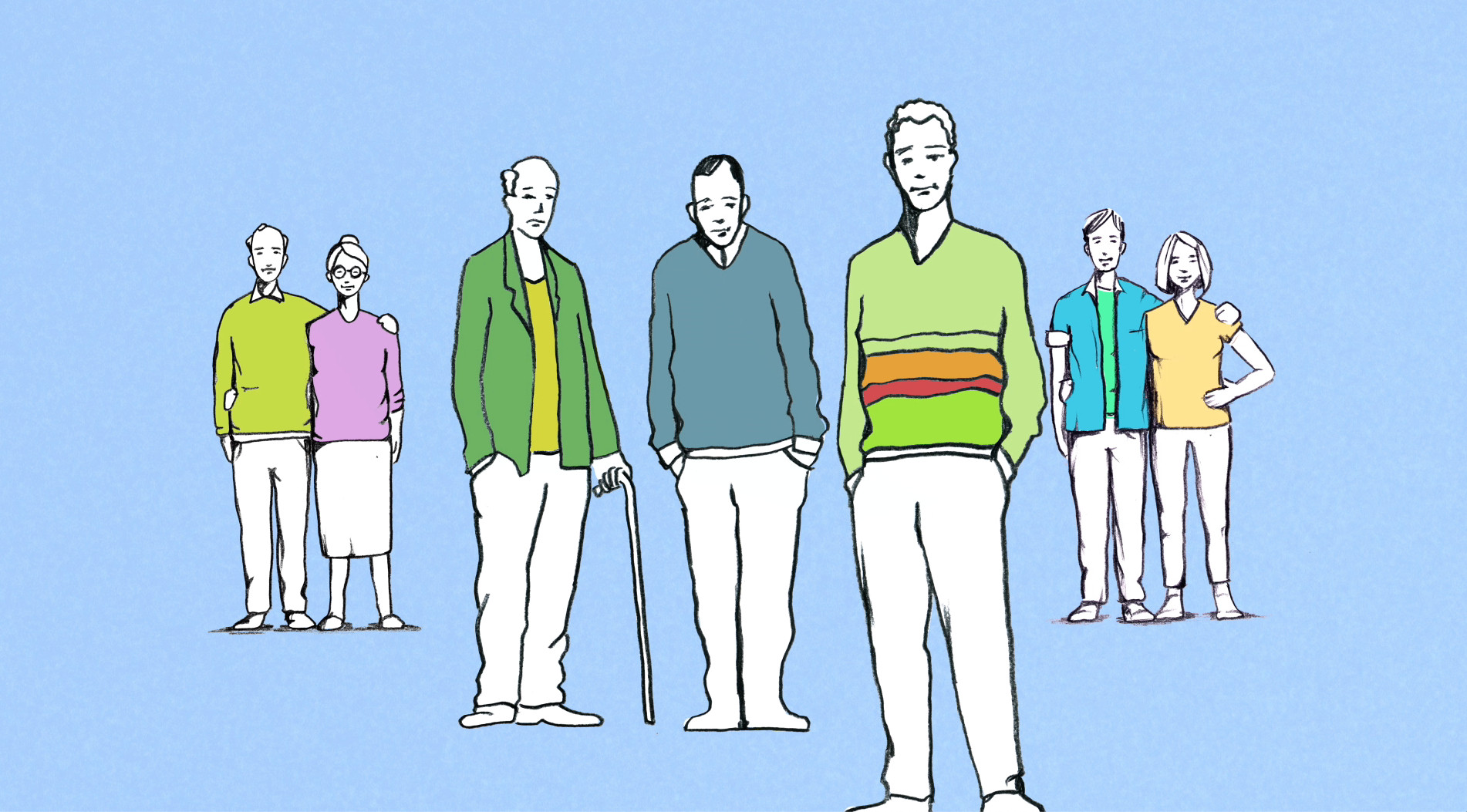 The main categories of chronic non-communicable diseases as defined by the World Health Organization are cardiovascular diseases, chronic respiratory diseases, neurological diseases, diabetes and cancer. These are chronic conditions that cannot be transmitted from one person to another. Taking into account the cost of care, hospitalizations and the impact on the psychological state and on various other aspects of everyday life, such as the professional and personal lives of patients and their caregivers, evidently NCDs affect both the individual and society.
The main categories of chronic non-communicable diseases as defined by the World Health Organization are cardiovascular diseases, chronic respiratory diseases, neurological diseases, diabetes and cancer. These are chronic conditions that cannot be transmitted from one person to another. Taking into account the cost of care, hospitalizations and the impact on the psychological state and on various other aspects of everyday life, such as the professional and personal lives of patients and their caregivers, evidently NCDs affect both the individual and society.
On these grounds, there is a clear need for more integrated approaches to address NCDs in order to improve patient care and quality of life while reducing the socio-economic impact on the health system and society in general. Both patients and their families are subject to the psychological burden of diagnosis, management / treatment and adjustment to life with chronic illness. This has been shown to be significantly reduced through effective communication with the treating physician.
Literature suggests that physicians’ communication skills do not improve by experience only. Especially when the goal of communication is shared medical decision making, communication skills are among the most essential required from a practicing physician. Educational programs aimed at improving health professionals’ communication skills have a positive impact on the use of “open” questions indicative of displaying empathy.

The INAB patient empowerment program focuses on chronic non-communicable diseases in order to:
• create effective and structured protocols and tools for doctor-patient communication
• analyze the potential effect of various patient empowerment tools on treatment outcomes
• develop guidance on the approach of patients suffering from chronic non-communicable diseases
• update clinical practice guidelines on chronic non-communicable diseases about ways to improve (self) management of chronically ill patients
• determine the financial implications of such an approach to the health system
The objectives of the program are:
1) To investigate the experience of illness and treatment in patients suffering from chronic non-communicable diseases to identify needs and/or problems that can be addressed by developing relevant tools and/or interventions.
2) To record the physicians’ experience in monitoring and treating patients with chronic non-communicable diseases to identify those areas that can be addressed by developing communication tools and/or interventions.
Program Implementation areas:
– Chronic hematologic disorders
– HIV infection
